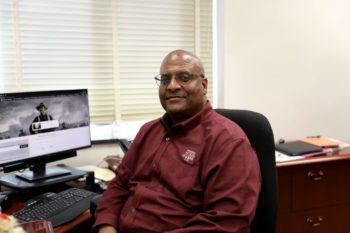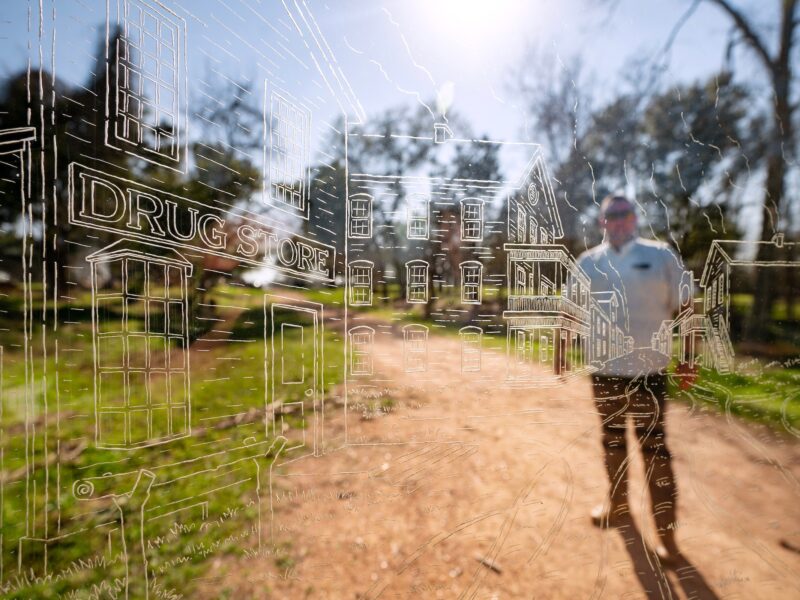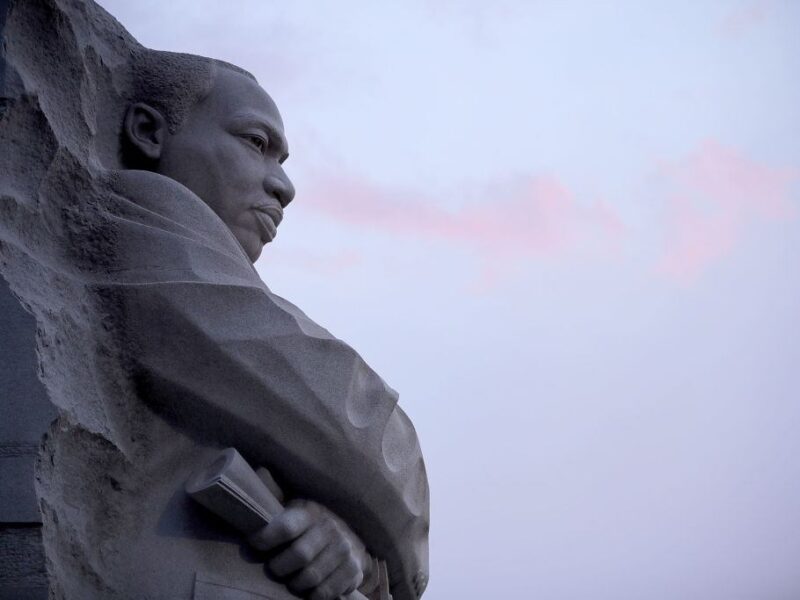Communication Professor Featured In History Channel Documentary

When people think of Theodore Roosevelt, his well-roundedness is often what first comes to mind. Cowboy, soldier, conservationist, author and adventurer; the United States’ youngest president wore many hats during his lifetime, literally.
To help paint a picture of Roosevelt’s life and career, Texas A&M University’s Leroy Dorsey will offer his perspective on the former president in a documentary airing Memorial Day at 7 p.m. on The History Channel. The series, which includes Leonardo DiCaprio as an executive producer, will feature interviews with a variety of scholars providing expertise on Roosevelt.
This is the first time Dorsey has been interviewed for such a project.
“I was contacted two and a half years ago by the documentarians,” Dorsey said. “They told me they had been the documentarians who produced the Ulysses S. Grant documentary on The History Channel and they said they wanted to do one on Theodore Roosevelt. They wanted me specifically to talk about Theodore Roosevelt and race because I had written a book about it.”
Dorsey’s book “‘We Are All Americans, Pure and Simple:’ Theodore Roosevelt and the Myth of Americanism” ponders the rhetoric of the titular statesman when he faced a particularly turbulent era in American history. Bustling immigration, racial tensions, women’s suffrage, and overwhelmingly corrupt corporations all contributed to the chaos.
“You had all this stuff swirling around, and he was trying to resolve a lot of it,” Dorsey said. “I look at his rhetoric to figure out how he was trying to persuade people to believe that people of different races and ethnicities could become Americans if given the opportunity, and that’s why I find it fascinating. He’s the president at a moment when all of these ideas were new, clashing together and needing answers. He was there, trying to do that.”
Dorsey’s interview for the series focuses on how Roosevelt engaged with racism in the country, and his complex struggle with trying to soothe tensions within his country.
“He was against lynching, but he would have also been trapped by the thinking of the time in his own head,” Dorsey said. “If Black men supposedly took the step to sexually assault white women, Roosevelt saw their lynching as a form of ‘frontier justice,’ even though he was against the practice of lynching. Yet he also recognized that there were a lot of false charges against Black men for this crime, and that lynching itself was immoral.”
Dorsey said he believes this documentary will be the most comprehensive one yet, and is airing at a moment in American history similar to the times of Roosevelt’s presidency.
“I think it’s important for the people who may not know much about him to watch this and learn some about where we came from,” Dorsey said. “It’s important because you can see that the issues we’re struggling with right now in 2022 are some of the same issues they were struggling with 120 years ago. What does it mean to be American? We need to watch this so we can learn about successes as well as mistakes he made so we don’t replicate them now.”
This article by Kira Schwarz ’22 originally appeared on the College of Liberal Arts website.





